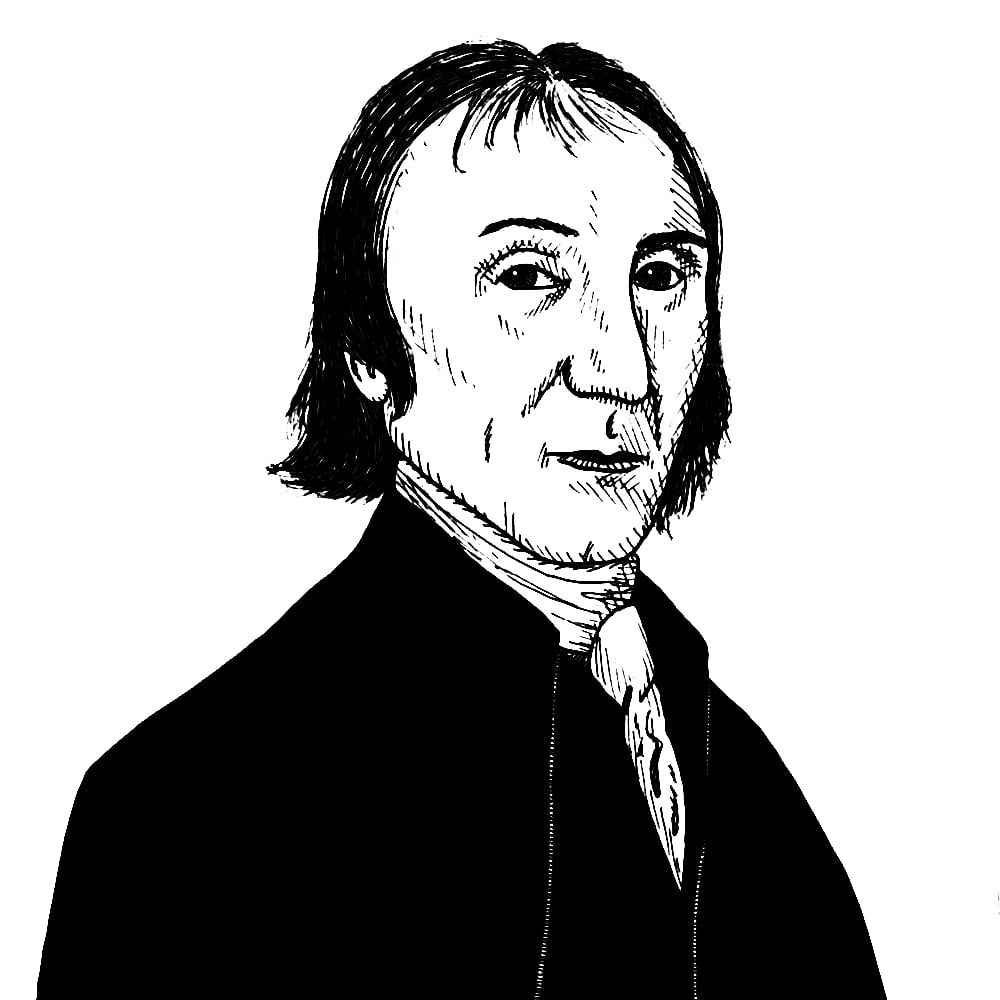
Joseph Priestley on the presumption of liberty (1771)
Found in: An Essay on the First Principles of Government
The English radical theologian Joseph Priestley (1733-1804) argued that, if it were not clear how much the government should interfere in people’s lives, then it should leave things “to take their natural course”:
Liberty
(Some) think it best, that every thing, which is not properly of a civil nature, should be entirely overlooked by the civil magistrate; that it is for the advantage of the society, upon the whole, that all those things be left to take their own natural course, and that the legislature cannot interfere in them, without defeating its own great object, the public good.